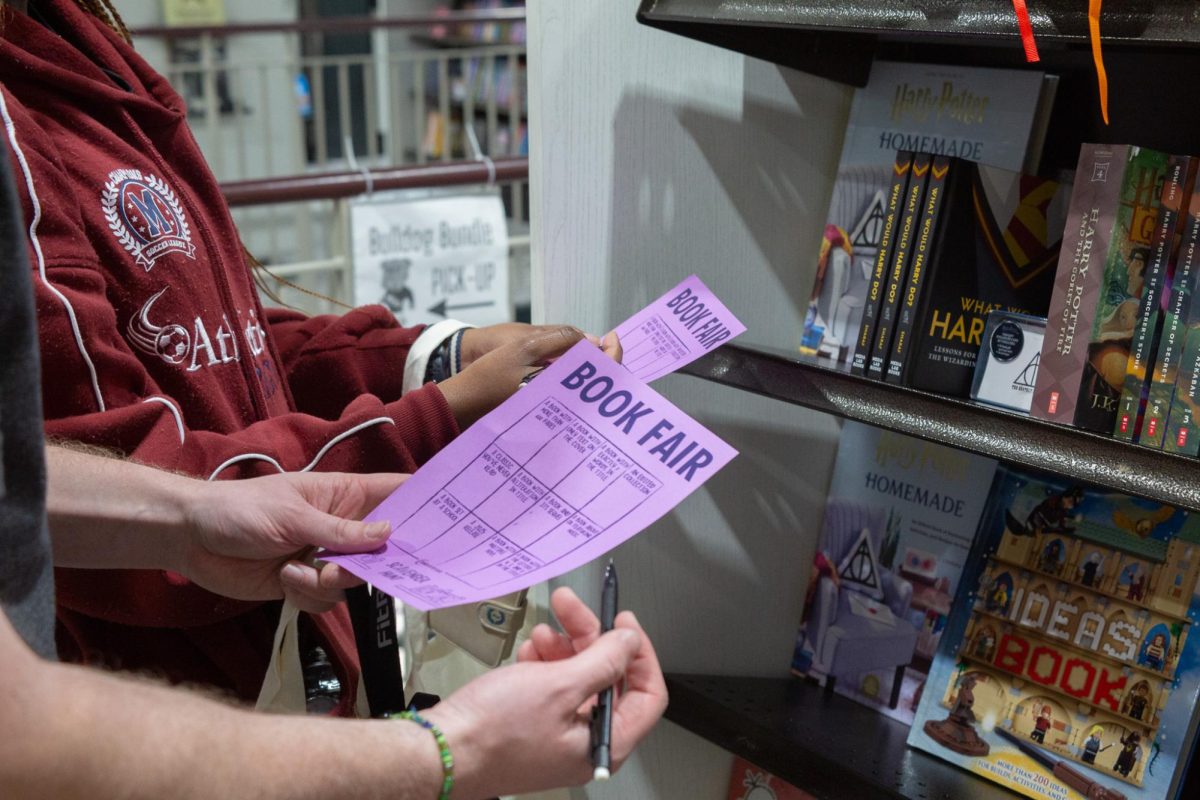The U.S. has always prided itself on being known as the land of opportunity, and it has been further described as a melting pot of cultures, ethnicities and more. With our country becoming increasingly diverse, it is only logical this diversity reflects not only in laws but in our education as well. However, according to Derek Beres at Big Think, only 20% of American students know more than one language, and this is likely a direct cause of foreign languages not being nationally mandated to be taught in our schools. Considering our increasing immigrant and ethnic communities as well as our nation’s expanding diversity, I think it is time America joins other countries in making learning other languages mandatory within our schools.
Teaching other languages within our schools would do much to improve the education of our upcoming generations and future leaders, and this is also the best way to introduce a new language to our nation considering it is easier to learn another language as a growing child. Including a second language in our nation’s curriculum breaks language barriers between English and non-English speakers, and this will also make our children more social and inclusive.
Being bilingual would also naturally make our children smarter. As stated by Yudhijit Bhattacharjee at The New York Times, being bilingual improves cognitive skills unrelated to language and also decreases one’s chances of developing dementia and Alzheimer’s.
In addition to improving our nation’s education, this could also improve our nation’s diplomatic and foreign affairs by producing more leaders, diplomats and representatives who can more effectively communicate with foreign leaders. Learning other languages helps us to learn other cultures and experiences, and without the language barriers which separate us, we can better socialize and empathize with one another in a way which encourages unity rather than letting our language barrier serve as another form of opposition and separation.
Marty Abbott, the executive director of the American Council on the Teaching of Foreign Languages, described it best when she explained in an interview with Here & Now, “We think naively sometimes that business gets done at the business table, but it often gets done away from the business table — it gets done in social interactions, it gets done even in the hallways. And if you don’t speak the language, you can’t fully engage in those interactions.”
Therefore, if our country were to adopt another language or at least begin to teach it in schools, I believe we would be laying the foundation for a more inclusive and unified country which has successful and positive diplomatic relationships with other countries as well.
Furthermore, being bilingual has already become an economic advantage with our job market becoming more competitive and seeking more bilingual employers who can attract and work with different kinds of customers.
According to Matt Schwartz at Schwartz Insurance Group, studies and reports have shown bilingual employees can earn between 5% and 20% more money per hour than those who are monolingual. Bilingual people also naturally have more job opportunities when they are not limited by a language barrier. This is particularly the case in southern states with more Spanish-speaking neighbors and communities. This also allows a more accepting and creative workforce which helps everyone since more people are able to help and cater to different kinds of people’s needs.
With more countries teaching and adopting more languages, I think it is time the U.S. tries to do so as well, especially with our country’s diversity increasing. We should always seek to do more which may unify the country further, and I think adding and accepting a new language within our country is the first step of many in the right direction.














































































